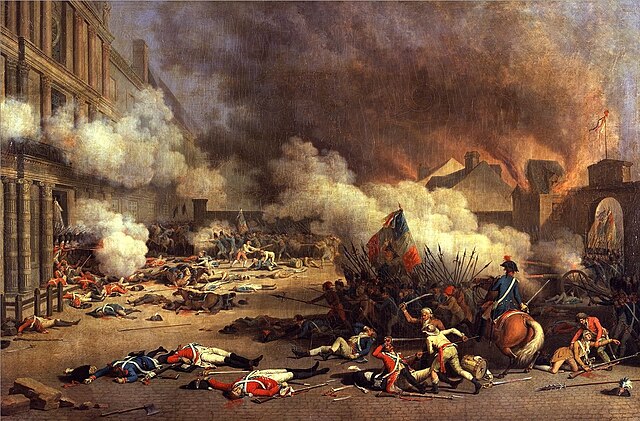providencemarianwood.org – Throughout history, revolutions and rebellions have been the catalysts for significant change, shaping the course of nations and the world. These uprisings, driven by a desire for freedom, equality, or a change in governance, have left indelible marks on the fabric of society. This article explores some of the most pivotal revolutions and rebellions that have shaped the modern world.
The American Revolution (1775-1783)
The American Revolution was a pivotal moment in world history, marking the birth of the United States of America. It was a rebellion against British rule, sparked by a desire for independence and self-governance. The revolution, which lasted from 1775 to 1783, culminated in the Treaty of Paris, where Britain recognized the United States as an independent nation. The American Revolution inspired other colonies to fight for their independence and set a precedent for democratic governance.
The French Revolution (1789-1799)
The French Revolution was a period of radical social and political upheaval in France from 1789 to 1799 that profoundly affected the history of the modern world. It began with the Estates-General of 1789 and ended with the fall of Napoleon Bonaparte in 1815. The revolution overthrew the monarchy, established a republic, and experienced a reign of terror that resulted in the execution of King Louis XVI and thousands of others. The French Revolution spread the ideas of liberty, equality, and fraternity, which would influence other revolutions and the development of modern democratic ideals.
The Haitian Revolution (1791-1804)
The Haitian Revolution was a successful slave rebellion that occurred from 1791 to 1804. It resulted in the abolition of slavery and the creation of the first independent nation in Latin America and the Caribbean, the Republic of Haiti. The revolution was a significant blow to the institution of slavery and inspired other slave populations in the Americas to fight for their freedom.
The Russian Revolution (1917)
The Russian Revolution of 1917 was a major event in world history, overthrowing the Russian Empire and leading to the rise of the Soviet Union. The revolution was a series of uprisings, two major ones in February and October, which led to the abdication of Tsar Nicholas II and the establishment of the Bolshevik government under Vladimir Lenin. The Russian Revolution marked the beginning of the Soviet era and had a profound impact on global politics and the spread of communism.
The Chinese Revolution (1949)
The Chinese Revolution, culminating in 1949, was a civil war that resulted in the Communist Party of China (CPC) led by Mao Zedong emerging victorious. The revolution ended the rule of the Kuomintang (KMT)-led Nationalist Government and established the People’s Republic of China. The Chinese Revolution was a significant event in the 20th century, reshaping China’s political landscape and influencing the Cold War dynamics.
Conclusion
Revolutions and rebellions have been the crucibles of change, forging new nations and ideologies. From the American Revolution’s fight for independence to the Chinese Revolution’s establishment of a communist state, these uprisings have left a lasting legacy on the modern world. They remind us of the power of collective action and the enduring human desire for freedom and self-determination. As we look to the future, the lessons of these revolutions and rebellions continue to inspire and inform movements for change around the globe.
